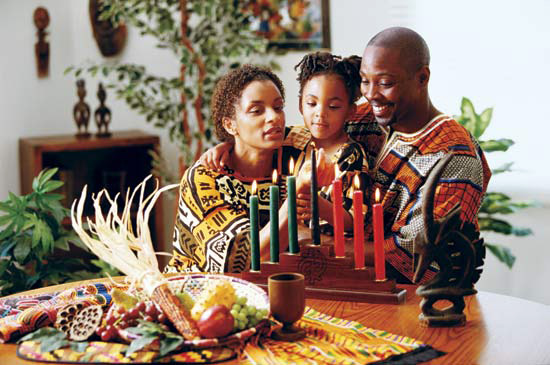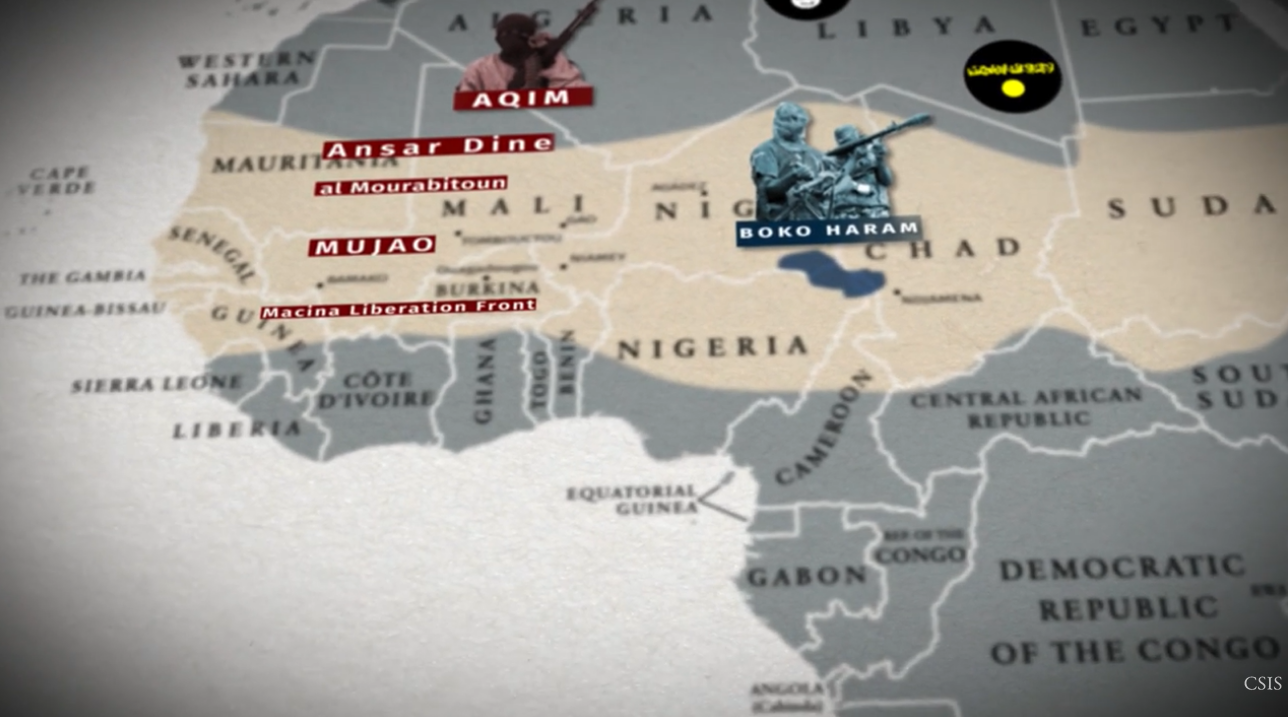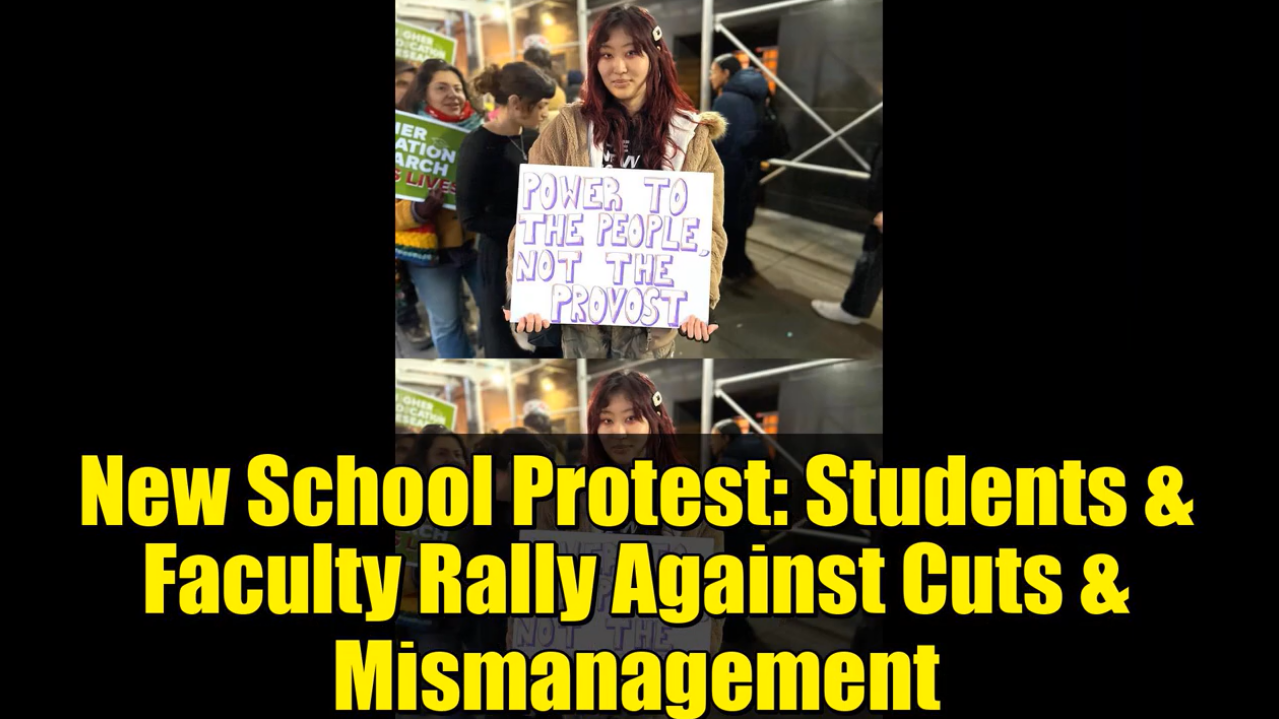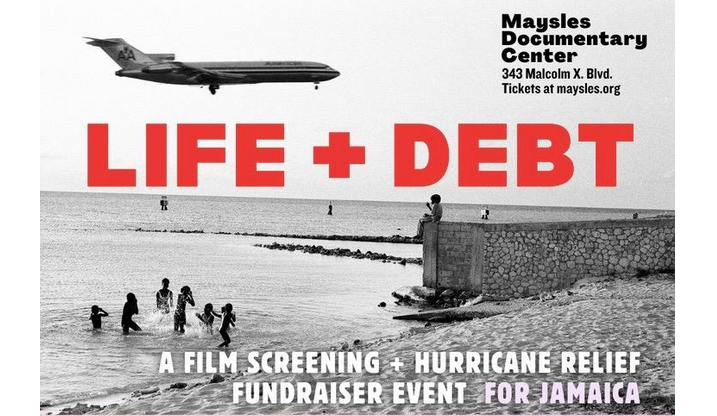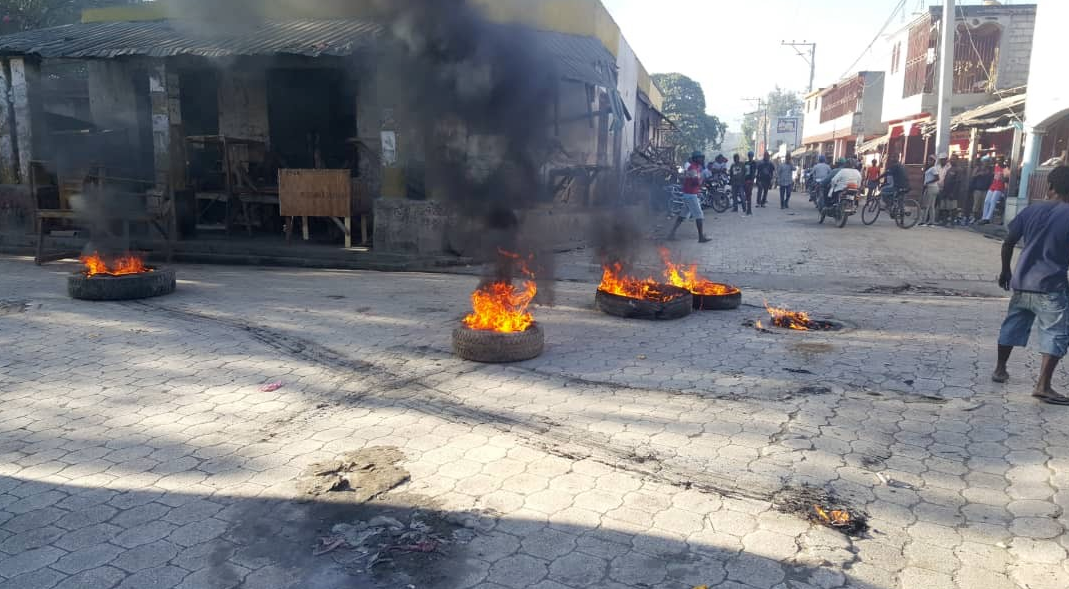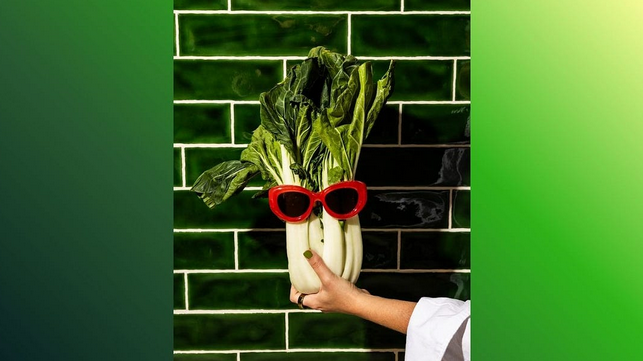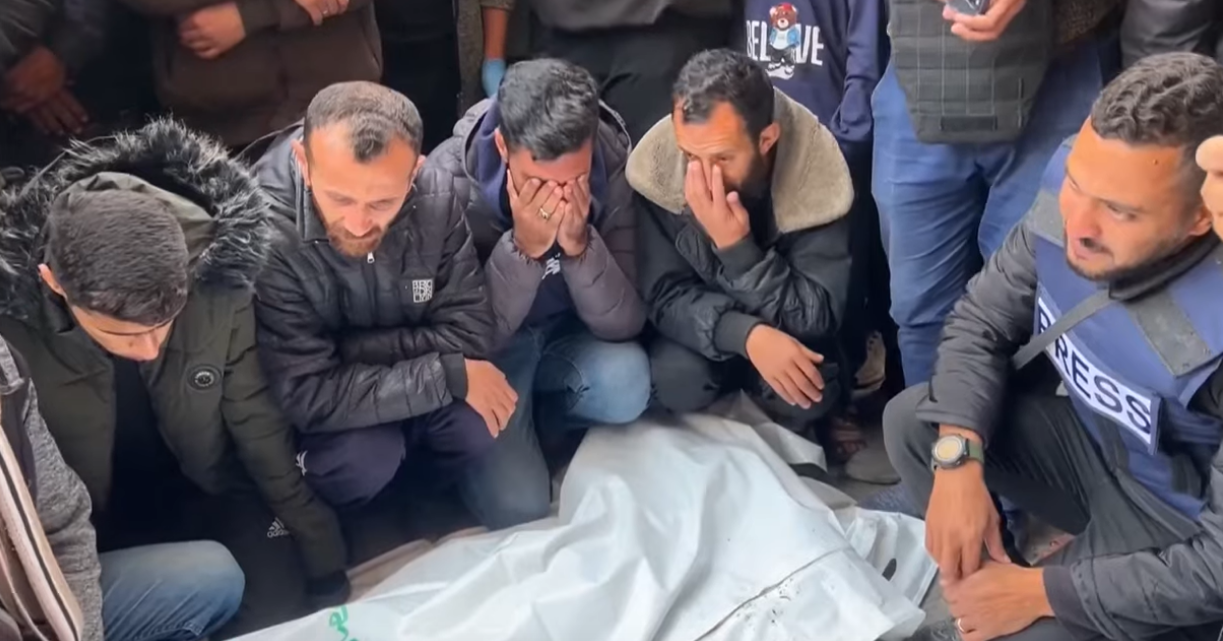By Edwin Freeman For Black Star News
Photos: Edwin Freeman
As the holiday season unfolds, Kwanzaa emerges as a powerful celebration of African American culture, heritage, and community resilience. Created in 1966 by Dr. Maulana Karenga, Kwanzaa is more than a holiday—it’s a profound affirmation of our collective strength, cultural identity, and shared values.
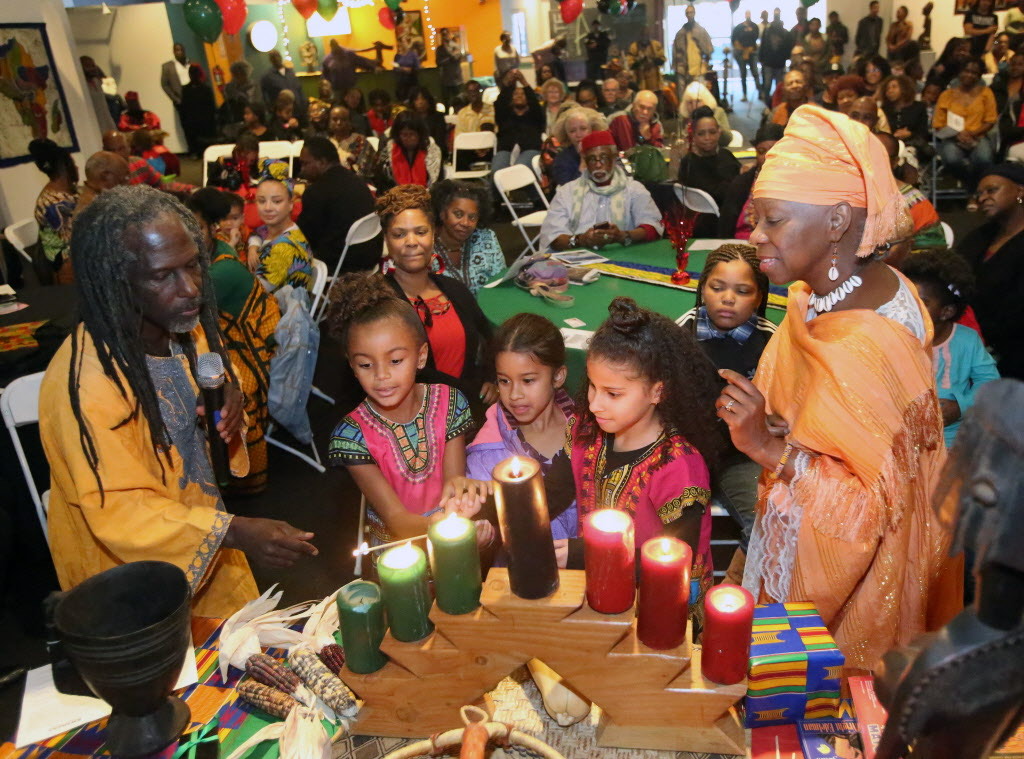
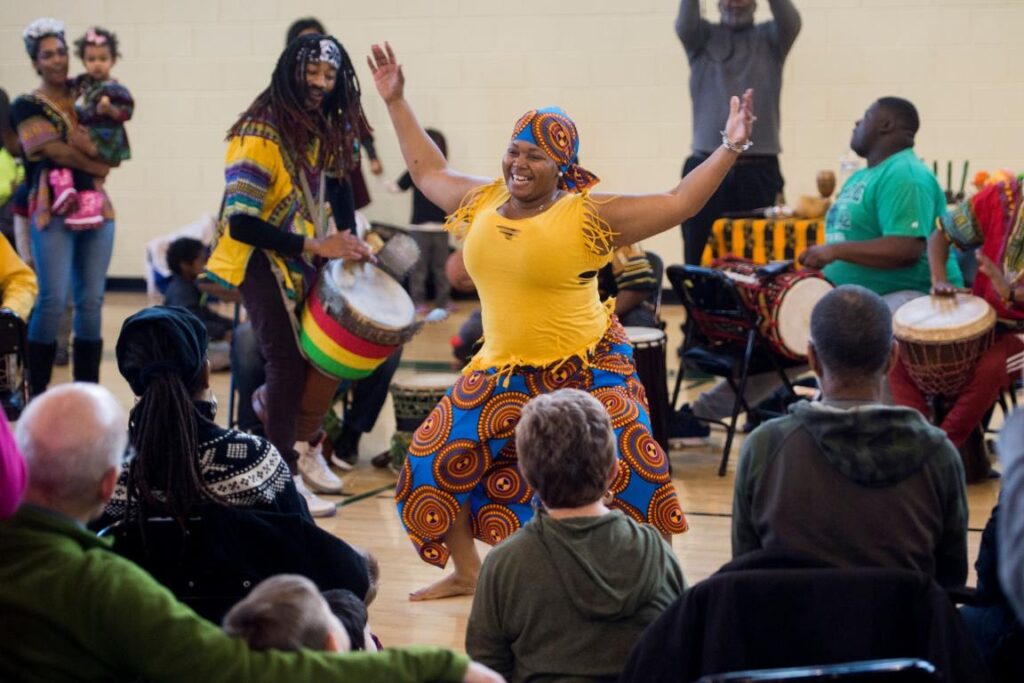
The Seven Principles of Kwanzaa: Nguzo Saba
Kwanzaa is built around seven core principles that serve as a spiritual and cultural foundation for our community:
1. Umoja (Unity)
Unity begins at home, extends to our community, and resonates throughout our broader society. We must strive to maintain unity in family, community, nation, and race—recognizing that our collective strength emerges from our ability to stand together.
2. Kujichagulia (Self-Determination)
This principle empowers us to define, name, create, and speak for ourselves. It challenges us to reject external definitions and take control of our narrative, our destiny, and our representation in society.
3. Ujima (Collective Work and Responsibility)
We are responsible for our community’s challenges and successes. This principle calls us to build and maintain our community together, solving problems collectively and supporting one another’s growth.
4. Ujamaa (Cooperative Economics)
Economic empowerment is crucial for community development. By supporting Black-owned businesses, creating economic opportunities, and investing in our own economic infrastructure, we build sustainable prosperity.
5. Nia (Purpose)
Our collective purpose is to restore our people to their traditional greatness. This principle encourages us to look beyond individual achievements and work towards community elevation and cultural restoration.
6. Kuumba (Creativity)
We are challenged to leave our community more beautiful and functional than we inherited it. Creativity becomes a tool for transformation, innovation, and cultural preservation.
7. Imani (Faith)
Faith in our people, our parents, our teachers, our leaders, and the righteousness of our struggle. This principle reminds us to believe in our potential and our ability to overcome challenges.
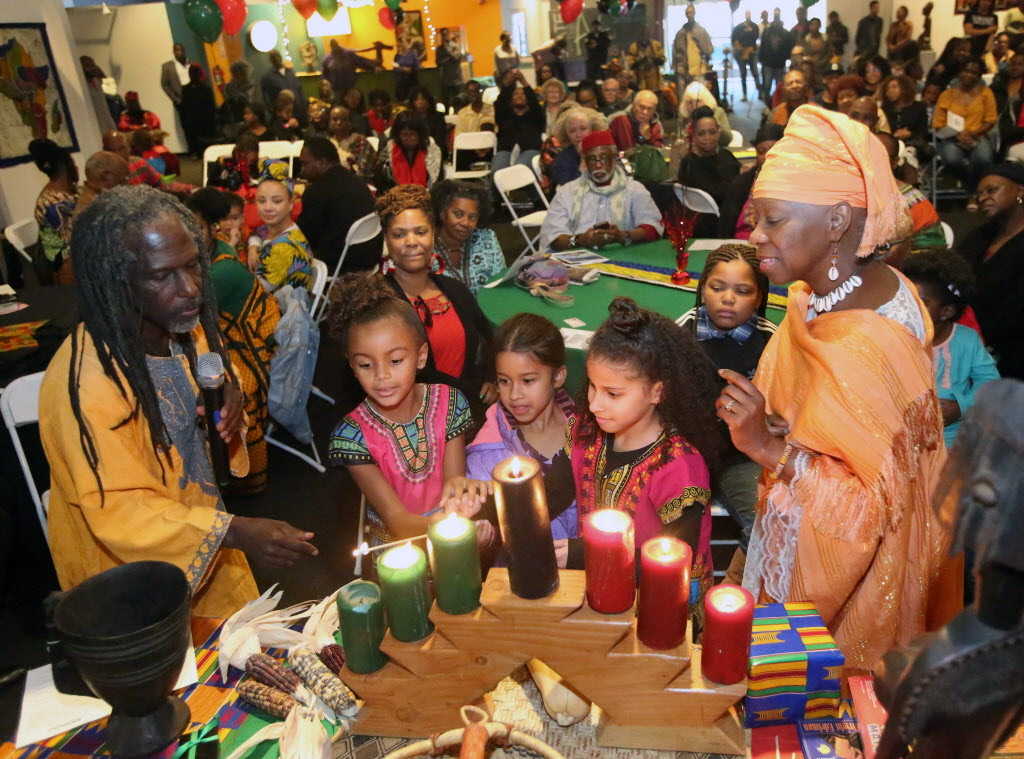
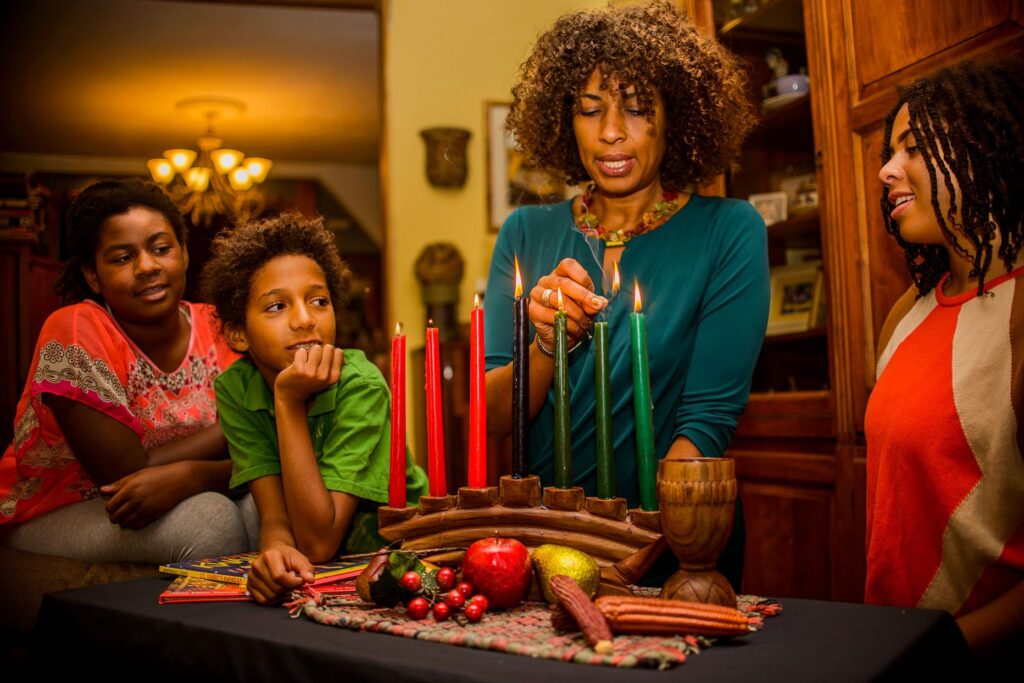
More Than a Celebration: A Cultural Reaffirmation
Kwanzaa is celebrated from December 26 to January 1, featuring a candle-lighting ceremony with a kinara holding seven candles representing the Nguzo Saba. Families gather, share meals, discuss community challenges, and recommit to collective progress.
As we light each candle, we’re not just observing a tradition—we’re rekindling our commitment to community, cultural pride, and collective advancement.
A Call to Action
This Kwanzaa, I challenge each of us to embody these principles. Listen deeply to our elders, support our local businesses, invest in our youth, and create spaces of genuine connection and mutual respect.
Our strength lies not in isolation, but in our ability to stand together, support one another, and continuously work towards collective elevation.
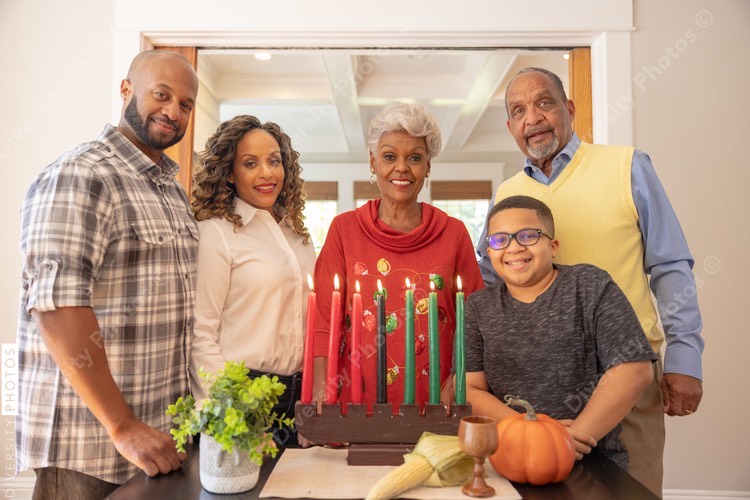
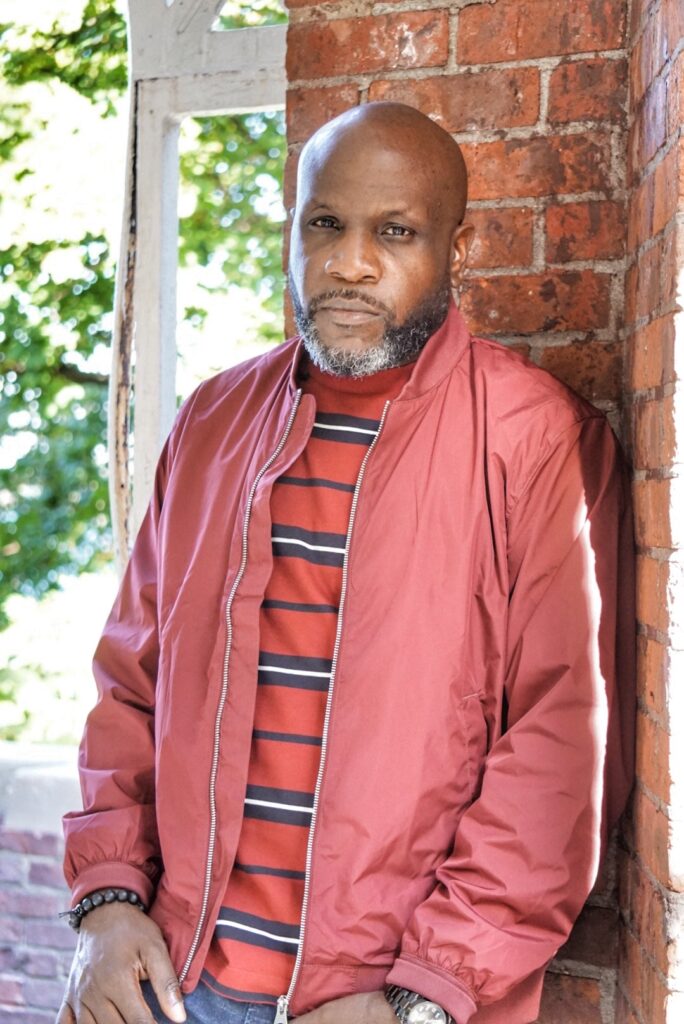
Edwin Freeman is an actor, educator, community advocate, and founder of the Freeman Foundation of the Arts in Queens, New York.
